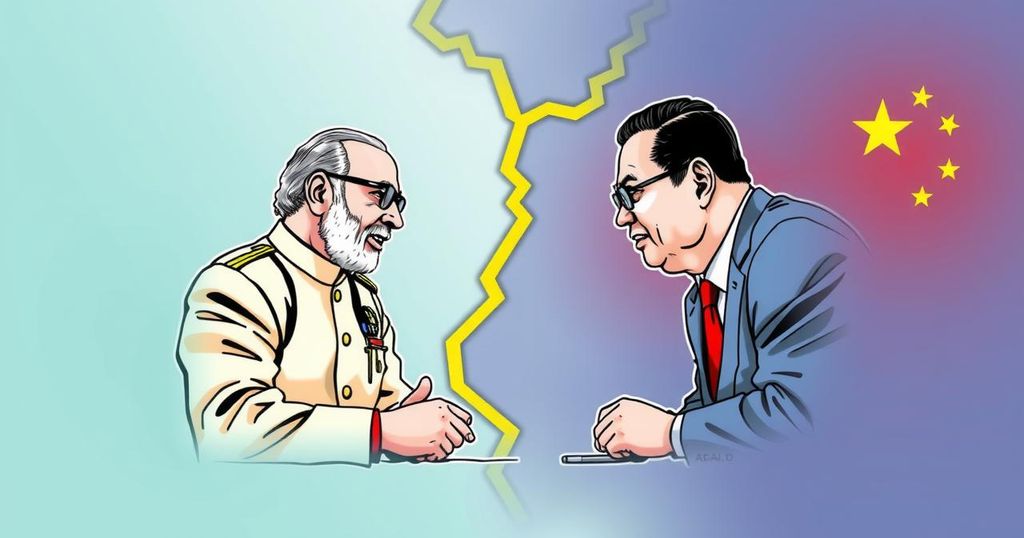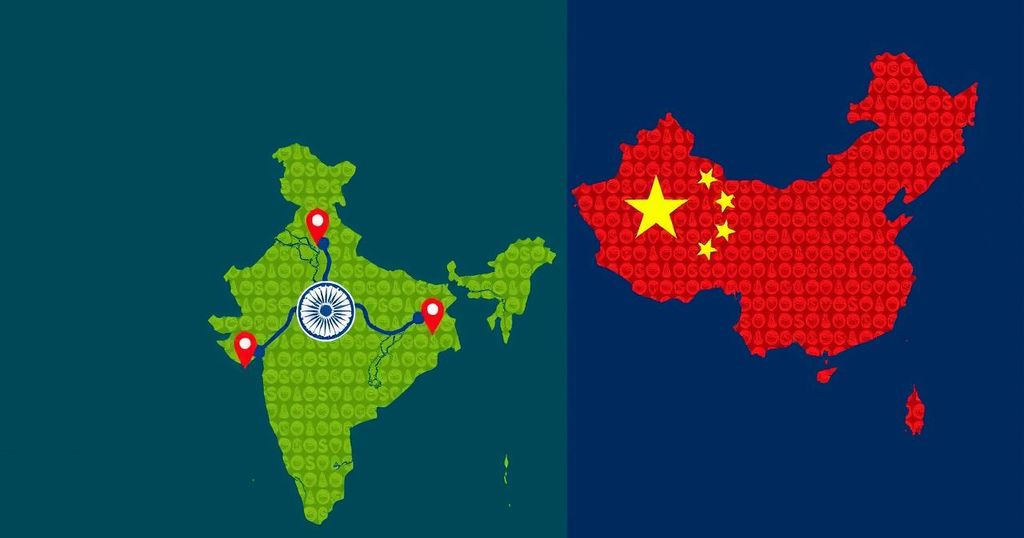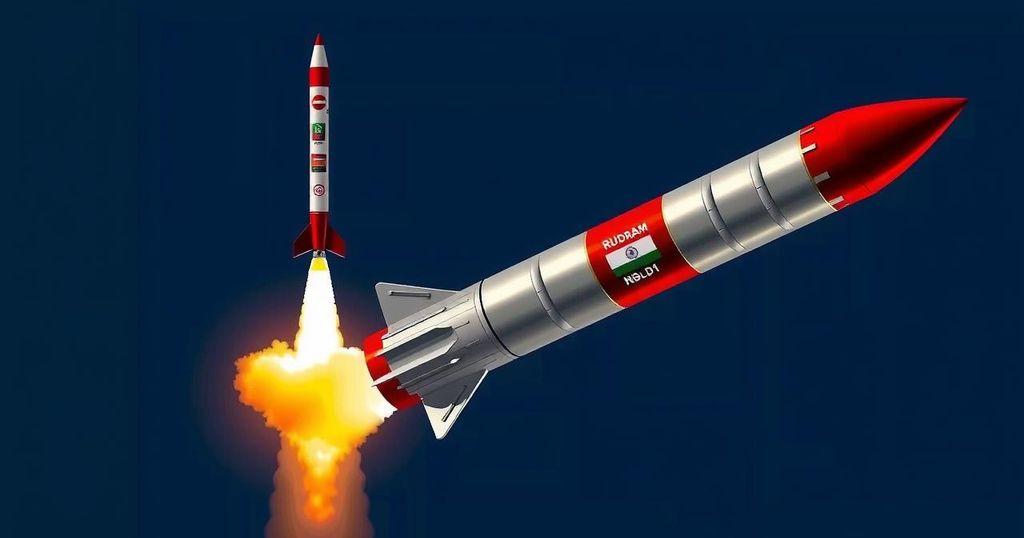Agreement Reached on Patrolling Along LAC Between India and China
The Indian government reports that India and China have successfully reached an accord regarding patrolling along the Line of Actual Control, aimed at reducing tensions and ensuring stability in the Ladakh region. This agreement follows earlier efforts to restore peace after conflicts at the border.
The Indian government has announced that India and China have reached an agreement on patrolling activities along the Line of Actual Control (LAC). This development follows a series of discussions aimed at easing tensions and ensuring peace in the Ladakh region, which has been a focal point of military standoffs in recent years. Officials emphasized that the agreement will facilitate routine patrolling while upholding the established protocols designed to manage border disputes. Furthermore, both nations are committed to maintaining dialogue to resolve any outstanding issues amicably.
The relationship between India and China has been historically complex, characterized by a series of border disputes that have occasionally escalated into military confrontations. Particularly since the Galwan Valley clash in June 2020, concerns over territorial integrity and security have prompted both nations to engage in dialogue and negotiations to restore peace. The LAC serves as a de facto border, but differing perceptions of its exact delineation have led to stand-offs and tensions. Recent bilateral engagements highlight a mutual interest in preventing further escalation and ensuring stability along the border.
The recent agreement between India and China on patrolling along the LAC marks a significant step towards de-escalating tensions in the region. It reflects both nations’ commitment to maintaining peace and order along the border, while also indicating a willingness to routinely manage potential conflicts through dialogue. Moving forward, the continuation of constructive dialogue will be crucial as both countries strive to address and resolve remaining issues in their bilateral relations.
Original Source: timesofindia.indiatimes.com








Post Comment